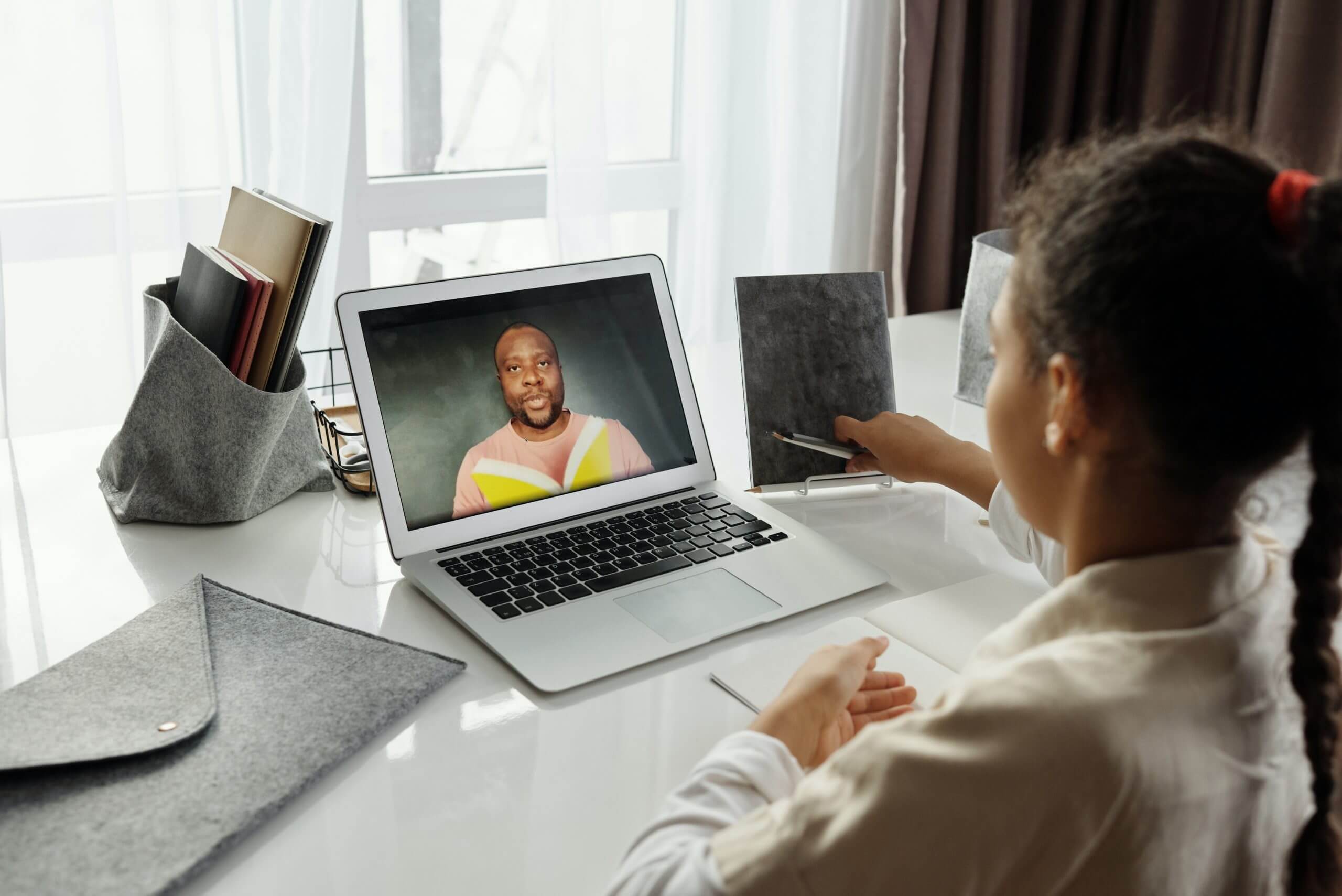MARCH 3, 2022
Can a Judge Prevent You From Seeing Your Kids If You’re Unvaccinated?

A Canadian judge recently said yes. According to this article from Insider, a judge ruled an unvaccinated father would not be permitted to see his three children in person because one of the children is immunocompromised. The couple divorced in 2019 and have joint custody.
Additionally, the children’s mother received permission from the court to have the children vaccinated without their father’s consent. Although the court denied the father in-person visitation due to his lack of vaccination against COVID-19, the ruling provided ample opportunity for him to communicate with the children via phone or video calls.
Indeed, arguments between divorced parents over whether to vaccinate children against COVID-19 have been going on for a while now. And courts, including the Canadian court mentioned above, have generally followed the guidelines issued by the World Health Organization.
So what can you expect in Washington state if you and your children’s other parent cannot agree?
A Washington family court may not rule in your favor.
Under Washington state law, both parents don’t need to consent to have a child vaccinated, including the vaccination against COVID-19. As for adults, vaccination against COVID-19 is not currently mandated.
However, when it comes to vaccinations, particularly the COVID-19 vaccine, the only thing you can count on is that the court will do what it considers is in the child’s best interests. Unfortunately, that decision may not necessarily align with the outcome you want.
All of Washington’s COVID-19 guidelines are located on the state’s Department of Health website. Individual counties may also have their own websites with additional, up-to-date COVID-19 guidance. In addition, COVID-19 restrictions and vaccine guidance have changed throughout the pandemic as more information and research becomes available, making it important to check periodically for updates.
Courts will usually defer to the standards for COVID-19 set at the local and national levels unless there is a specific reason for a judge to deviate from them, which may not prove to be reason enough. That is why the best way to reach an agreement is to enlist the help of a legal professional, someone skilled in alternative dispute resolution. Once a judge gets involved, all decision-making will be out of your hands.
You can try mediation to resolve your dispute instead of going to court.
A mediator can be introduced at any time during the divorce process or after the final divorce judgment to resolve disputes that may arise, including a dispute about vaccination status. That is if you and your ex are open to the idea.
During mediation, you and your spouse agree to sit down with a trained third party (a mediator) to resolve your dispute. In addition, you and your ex may each have a lawyer present to advocate on your behalf.
At times, you may wish to step away from the mediation table to speak with your attorney in private, with or without the mediator in the room. The mediator will then go back and forth between you and your ex until you reach an agreement, if possible.
If you agree that the outcome of the mediation will be binding, your agreement will be enforceable by a court. If you cannot agree, you will have to proceed to the next step, which can include court.
Emergency situations may require going to court.
As in the case referenced earlier, the mother apparently believed her children were in immediate danger, especially her one immunocompromised child, due to their father’s choice not to get vaccinated against COVID-19. Threatening to refuse a parent access to a child who has joint custody can become a high-conflict situation fast, even an emergency.
There are times when parents cannot agree on vaccination status and a decision from an authority may be needed. Where agreement is not possible, a court can sometimes provide the fastest most definitive answer. But going to court unprepared or without counsel is ill-advised. You will want a family law attorney on your side to educate you about your options and guide you through the legal process.
Seek the advice of a Seattle divorce and family lawyer to negotiate with your child’s other parent while avoiding court.
Co-parenting with an ex-spouse who disagrees about the handling of COVID-19 vaccinations for themselves and the children you share can be the source of intense conflict. Critical decisions about your and your children’s health and wellbeing are best navigated outside the courtroom first, where both parties will have sufficient time to discuss their respective positions and reach a compromise.
A judge typically must make decisions in a finite period with limited information. Another downside of going to court is that you may not have the opportunity to explain yourself the way you would with mediation or another form of alternative dispute resolution.
Our team of Seattle divorce and family lawyers are skilled litigators who also understand the value of seeking resolution outside the court. Contact our office today to negotiate any dispute concerning how to co-parent amid COVID-19 disagreements. We are here to listen and help.
Stay up to date
Subscribe to our newsletters
Subscribe to one or more of our newsletters, delivering meaningful insight on topics that matter to you and your family.





